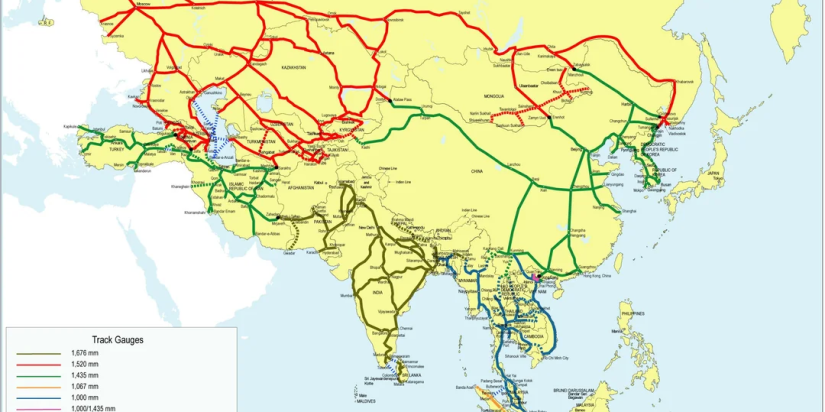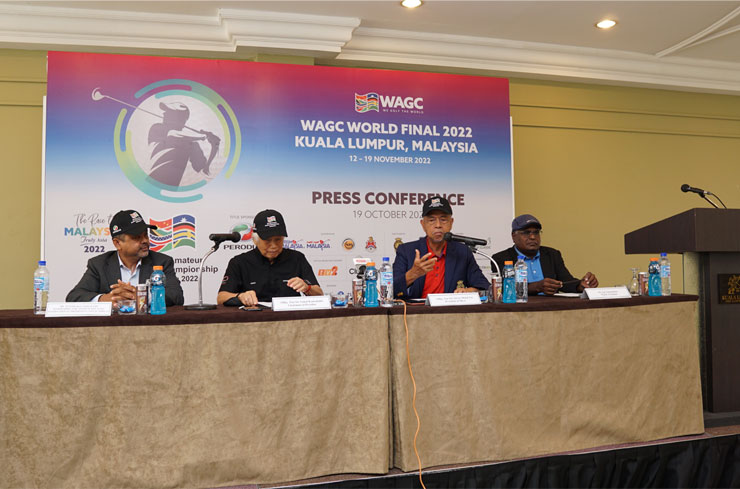Transforming Southeast Asian Tourism: China-Thailand High-Speed Railway Spurs Growth – TravelDailyNews Asia
Discover how the China-Thailand High-Speed Railway, part of the Trans-Asian Railway network, is reshaping Southeast Asian tourism. Connecting Bangkok to Kunming, this flagship Belt and Road Initiative project not only transforms travel but sparks a tourism boom, fostering economic growth and cross-cultural exchanges.
The launch of the Trans-Asian Railway (TAR) network, a flagship project of the Belt and Road Initiative (BRI) introduced by Chinese President Xi Jinping in 2013, marks a pivotal moment in boosting connectivity and catalyzing economic growth across the region. The China-Thailand High-Speed Railway (HSR), an integral part of TAR, holds particular significance, envisioning to link Bangkok with Kunming. Not only is the railway transforming travel times, but it’s also kindling a tourism boom.
The TAR’s inaugural phase, the China-Laos Railway, has redefined connectivity, slashing the travel duration from Vientiane to Kunming from a grueling 20-hour bus ride to a comfortable 9-hour train journey. Besides enhancing transportation, the railway’s impact on the landlocked Southeast Asian country is profound, catalyzing economic opportunities. It is projected that the railway could augment Laos’ aggregate income by up to 21 percent over the long term, as estimated by the World Bank.
Tourism is a direct beneficiary of the railway’s growth. The picturesque province of Luang Prabang, situated north of Vientiane, has experienced a surge in tourists, including from neighboring Southeast Asian countries, since the opening of the China-Laos Railway. In addition, many Thai travelers now embark on journeys to China using the railway, sparking enthusiasm among Thai youth for expedient rail travel from Bangkok to China.
The China-Thailand HSR project is well underway, further strengthening connectivity in the region. Its first phase, linking Bangkok and Nakhon Ratchasima, is poised to significantly reduce travel times. The project is also providing employment and training opportunities, demonstrating the far-reaching impact of the BRI on job creation, poverty reduction, and people-to-people exchanges.
The China-Thailand HSR development not only reshapes careers but also deepens cross-cultural communication and cooperation. It symbolizes the growing affinity of Thai people towards stronger ties with China under the BRI framework. With monumental achievements in tourism, education, culture, and language learning, the BRI has effectively built bridges between China and Southeast Asia. As the TAR network continues to unfold, it holds the promise of elevating regional connectivity and fostering mutual understanding.




